Diversity in gaming: Industry promises to improve
- Published
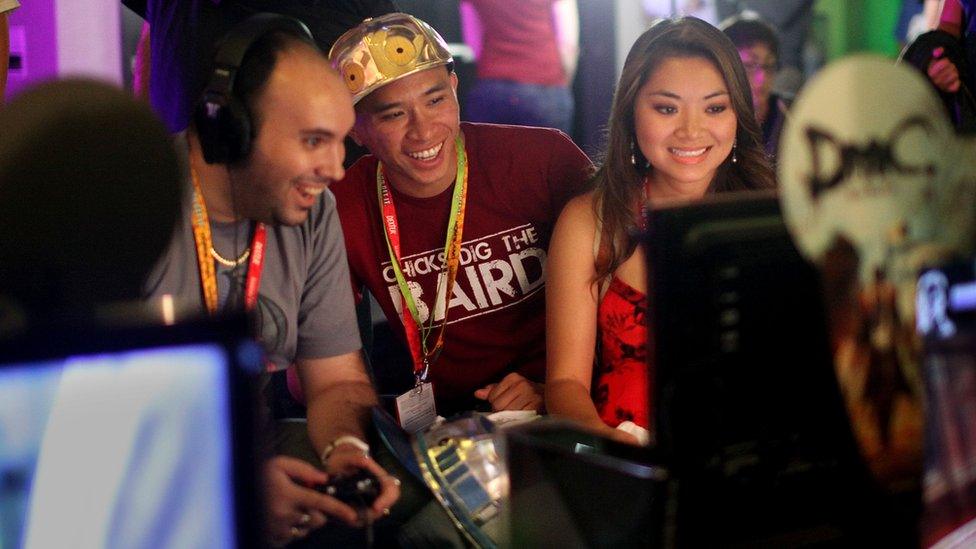
Diversity is a "necessity" if the gaming industry is to continue to grow, says the body that represents people who make games.
Around one in 10 people working in the UK industry are from ethnically diverse backgrounds - slightly higher than the national working average.
But women make up less than 30%, the research by Ukie and the University of Sheffield suggests.
It means some women have "no-one to look up to", says Kat Welsford.
She works in marketing at independent games developer Bossa Studios - and says when it comes to women in games, it's a mixed picture.
"At my studio I'm really lucky that we have great gender diversity.
"But there are other places I've been to where it's disappointing when you see how few women there are, especially in leadership roles," Kat tells Radio 1 Newsbeat.
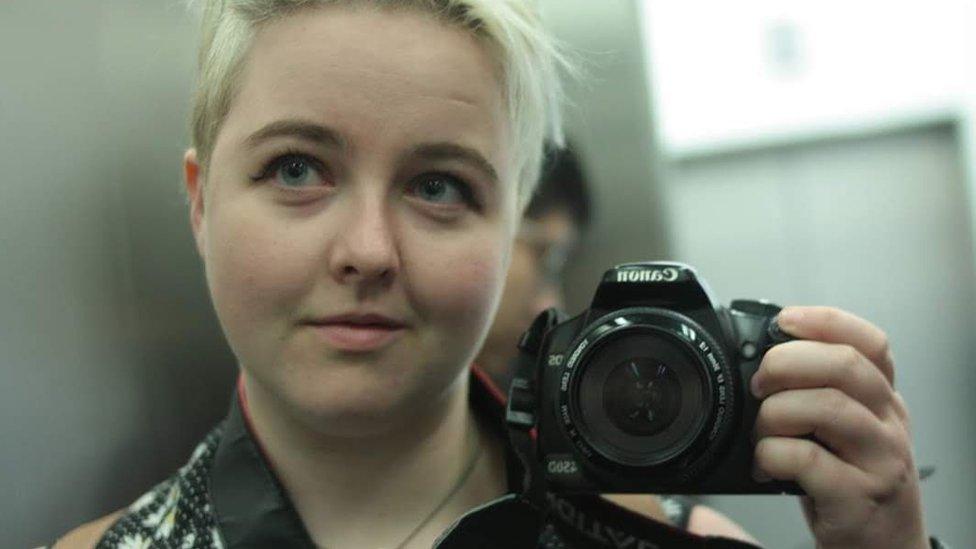
Kat says she's lucky to work somewhere with women in senior roles
"We have women in the senior leadership team at Bossa. That's useful to see because it shows I can make progress where I am. I can have a career here.
"Lots of other women I know in the industry who are 29 or 30 are saying to me they've got no-one to look up to."
Diversity in the creative industries is a hot topic at the moment, after Joaquin Phoenix and Prince William spoke out at the recent Bafta film awards.
It's something that's been on the mind of games companies in the UK for some time too, and Ukie started looking into the state of the industry last year.
Ukie's boss Dr Jo Twist says diversity is a "necessity" for the industry to grow.
More than 3,000 people who work in games in the UK took part in the survey - that's around 20% of the total number of people employed by gaming companies.
'People need to feel they're being heard'
"I do know quite a few Chinese and Indian programmers who work in the industry," says Moo Yu, a Chinese-American gameplay programmer who works in London.
But he says when it comes to some of the more creative roles, "there's more white people and established people".
The survey suggests that 10% of UK games company staff are from Black, Asian and Minority Ethnic (BAME) backgrounds - which is higher than the national working population and above that in the creative industries overall.
But representation is notably less in senior roles.
"In the modern day, if you want to tell your own stories, you have to set up your own games studio," says Moo. "It's something I'm noticing a lot more people of colour doing."
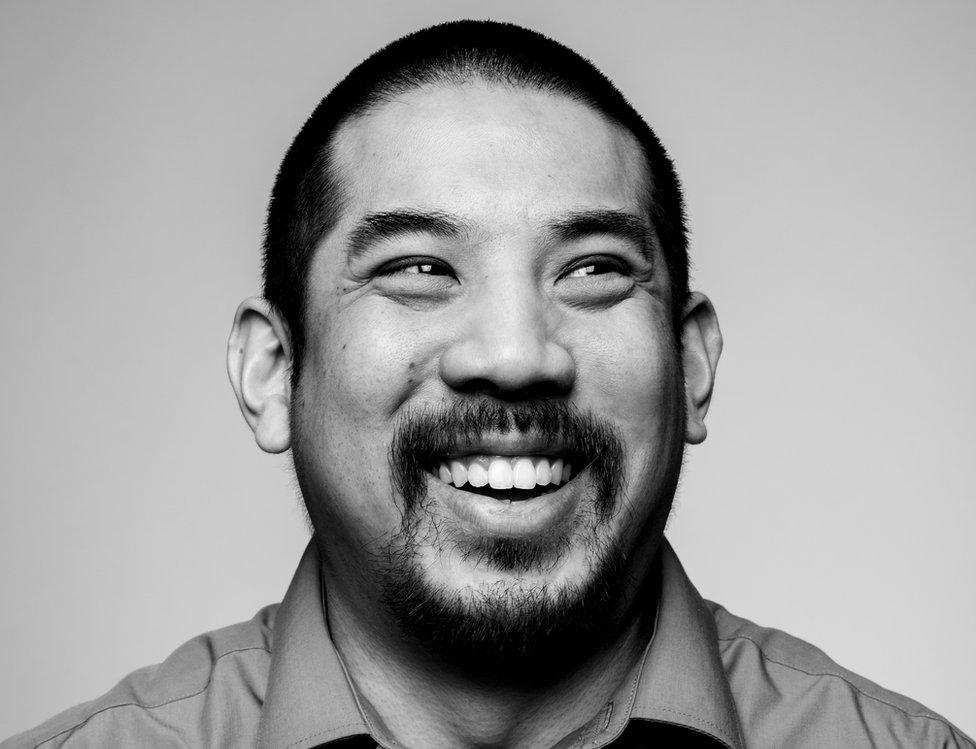
Moo Yu says he knows people setting up their own studios to tell their "own" stories
He adds that for the bigger studios, the "key is to make people feel like their voices are being heard".
"I still think there's a long way to go."
The research also suggests that nearly a quarter of the UK games industry are LGBT and that two-thirds are under 35.
Men make up 70% and women 28% - with 2% identifying as non-binary.
Most come from middle-class backgrounds, according to the research, with 62% of those who took part coming from a household where the main earner worked in a managerial or professional role.
'Diversity isn't a nicety'
In response to the research Ukie says it will sign up 200 UK games companies, which covers 50% of the workforce, to their #raisethegame pledge by 2021.
It aims to increase diversity "at every level" of the gaming industry by recruiting "as fairly and as widely as possible" - and make workplaces more "inclusive" by "educating and inspiring people to take more personal responsibility" for promoting diversity.
Companies like EA, Facebook, Jagex, King and Xbox have signed up already.
"Diversity isn't a nicety - it's a necessity if the industry is going to grow, thrive and truly reflect the tens of millions of people that play games every day in this country," Dr Jo Twist says.
"A diverse industry that draws on myriad cultures, lifestyles and experiences will lead to more creative and inclusive games that capture the imagination of players and drive our sector forward."


Follow Newsbeat on Instagram, external, Facebook, external, Twitter, external and YouTube, external.
Listen to Newsbeat live at 12:45 and 17:45 weekdays - or listen back here.
- Published10 January 2020
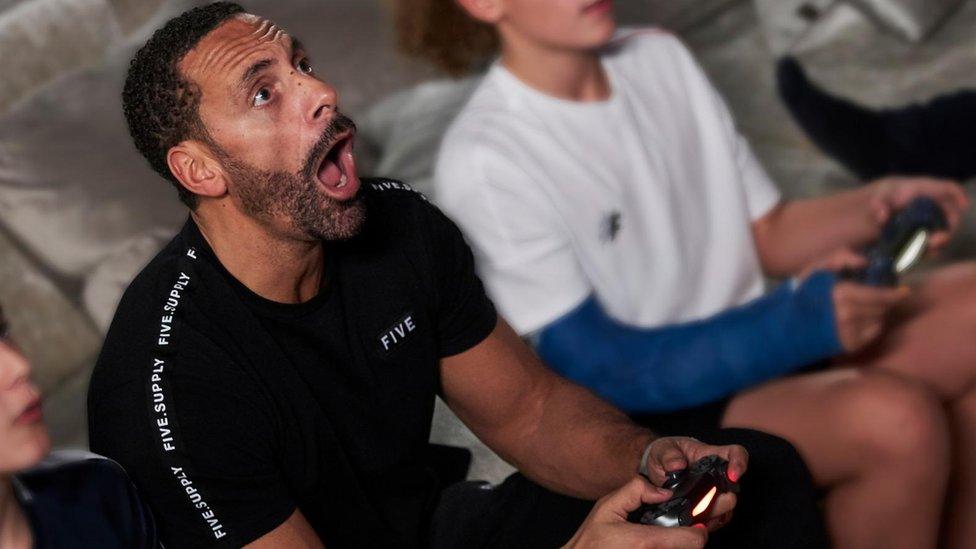
- Published10 August 2019
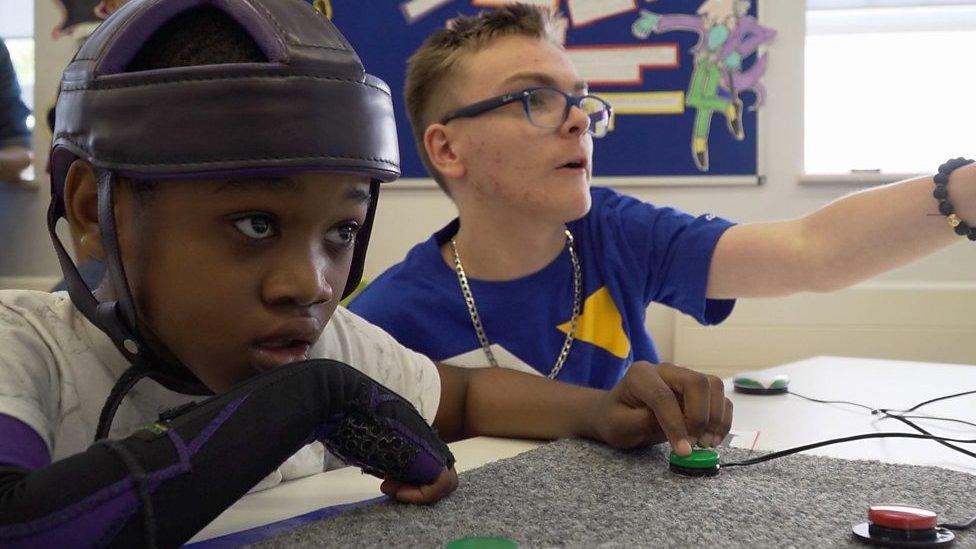
- Published2 April 2019
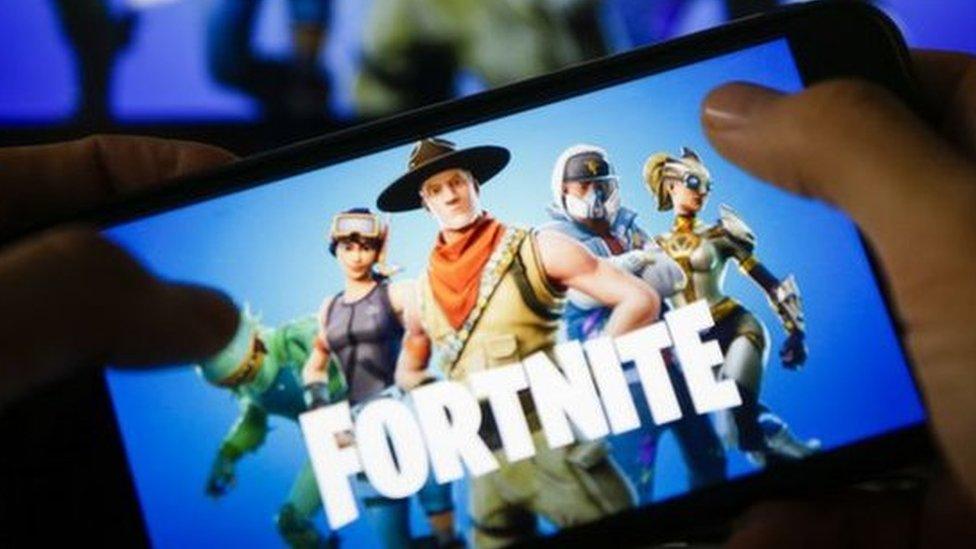
- Published6 January 2019
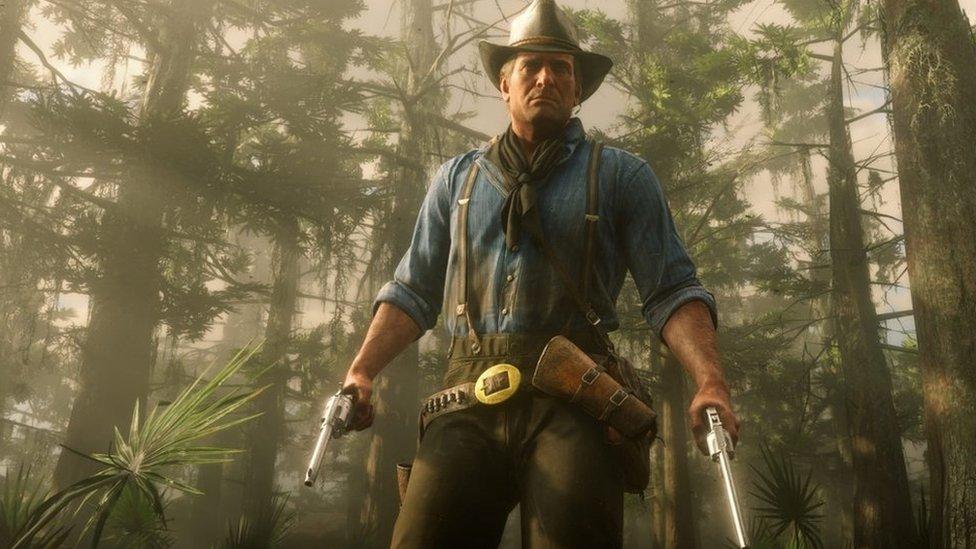
- Published14 June 2019

- Published18 June 2019
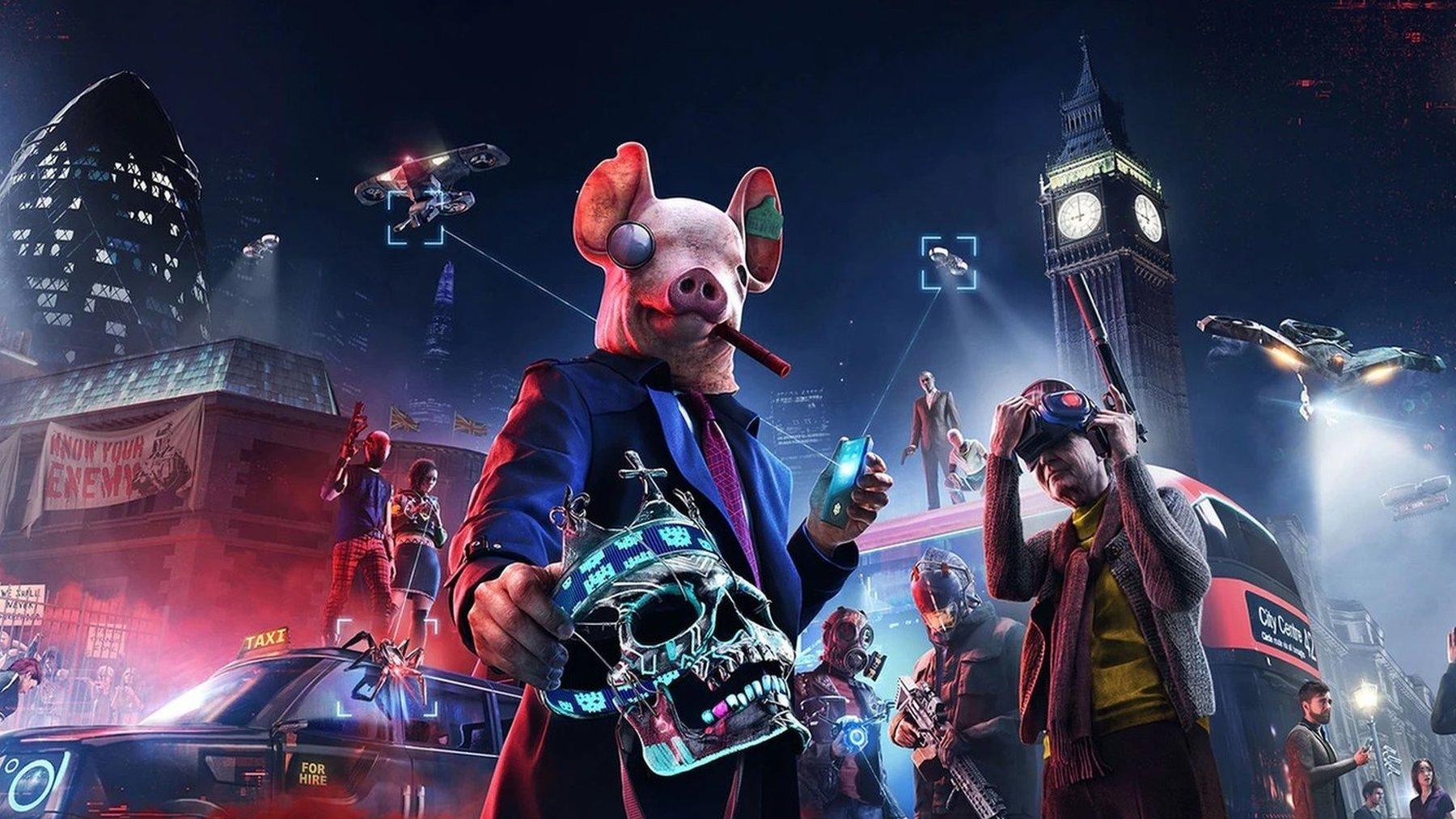
- Published12 September 2019
